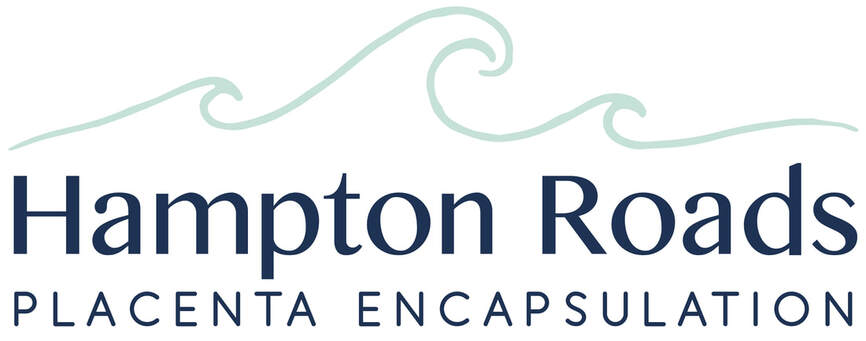|
"I'm skeptical of placenta encapsulation..."
I've heard it time and time again and I'm here to tell you- I understand! A little bit of skepticism is good! It keeps us thinking, keeps us searching for answers. My initial reaction was very similar until I experienced the benefits myself and until I started delving through the research and information available. Let me share a little bit of what I've learned with you... Don't animals consume their placenta to clean the nest site and keep away predators? Nearly all land mammals consume their placenta after the birth of their young (the noted exception are camels). Even primates who birth in trees out of their predators reach will consume their placentas rather than allow them to drop to the ground. Relatively unchallenged mothers will also consume their placenta. And lastly, "Mothers of non-nesting species eat the afterbirth and in fact, remain at the birth site long after the neonate is able to walk away in order to finish consuming the placenta." (Kristal,7) So while it would seem like a logical explanation it would seem through further examination that cleaning the nest site and detracting predators is not the reason for placentaophagia in mammals. Isn't that cannibalism? Simply put? No, your placenta belongs to you and eating it does not fit the definition of cannibalism. The placenta is a filter and filled with toxins! Your placenta is miraculous. It is part of an advanced filtering system that provides nutrients to the baby while filtering out waste and toxins to be disposed of by the mother's body. "The placenta basically functions like this: Mom's blood flows into the blood lake on her side of the placenta, which bathes the chorionic villi that are threaded through with fetal blood vessels. Small molecules and nutrients (like oxygen, glucose, vitamins, fatty acids, calcium, antibodies, and so on) flow from Mom to baby, and waste products (like carbon dioxide, urine, and metabolic wastes) flow from baby to mom." (Dr. Michael Roizen, MD, Source) There aren't any scientific studies to prove this works. There are some older studies done involving animals and placentophagia. There is also an older study on lactation and human placenta consumption. We absolutely do need more research into the subject but the absence of research does not equal an absence of benefits. There is currently a Placenta Vs. Placebo study taking place at UNLV. The results are eagerly anticipated by many. Animals eat their placenta because of hunger after labor. "While many spececies do show decreased food intake prior to parturition, the rat does not. Placentaophagia, however, is observed in nearly 100% of normal rat parturitions." (Kristal,9) Why should I consume my placenta? Your body has created the perfect postpartum supplement for you. Your placenta is readily available to you and I can help you bottle the benefits neatly into pill form. What benefits can I expect to see if I consume my placenta? You are never guaranteed benefits but what I can tell you is what previous clients of mine have experienced. Past clients have experienced a lessening of the baby blues and feelings of anxiety. They have noticed faster postpartum healing, balanced hormones, and healthy milk supplies. The experience is so customized that the only way to truly know what benefits you'll receive is to try it for yourself. Will the hospital let me take that home? Yes, your placenta belongs to you and you have every right to bring it home with you. What kind of women are choosing placenta encapsulation? Every kind of woman! I have worked with nearly every type of woman imaginable. Women who choose c-sections, women who are induced, women who birth in birth centers, women who birth at home. I have worked with stay at home moms, working moms, first time moms, and moms of many. I have worked with naturally minded women and mainstream women. Placenta encapsulation is appealing to everyone- every woman benefits from an easier postpartum. Is there any risk to consuming my placenta? Nothing is risk free. The most important thing you can do to lessen any potential risk is to choose a provider who is educated, and dedicated to providing you the safest experience possible. There are no official requirements to provide placenta encapsulation so look for someone who is trained and/or certified, someone who partakes in continuing education. Do not be afraid to ask questions! Website Title: Sharecare Article Title: How does the placenta function? - Placenta & Fetal Development Date Accessed: September 28, 2015
2 Comments
2/25/2016 09:27:18 pm
The most important thing you can do to lessen any potential risk is to choose a provider who is educated, and dedicated to providing you the safest experience possible
Reply
Leave a Reply. |
AuthorHillary Westbrook is a Certified Placenta Encapsulation Specialist Archives
April 2019
Categories |

 RSS Feed
RSS Feed
